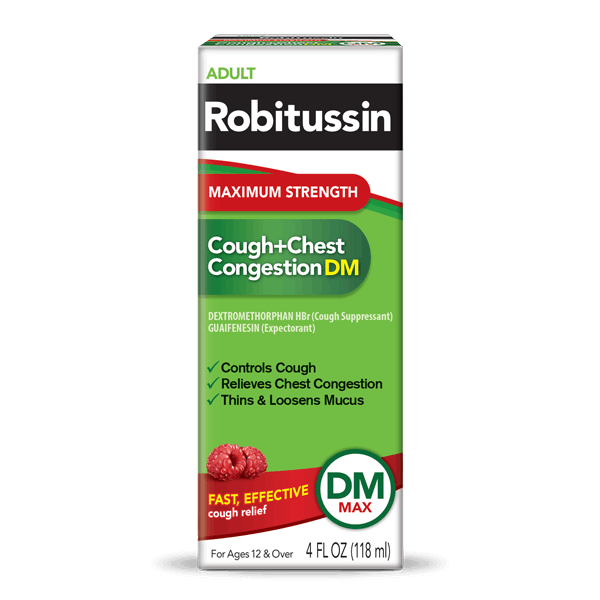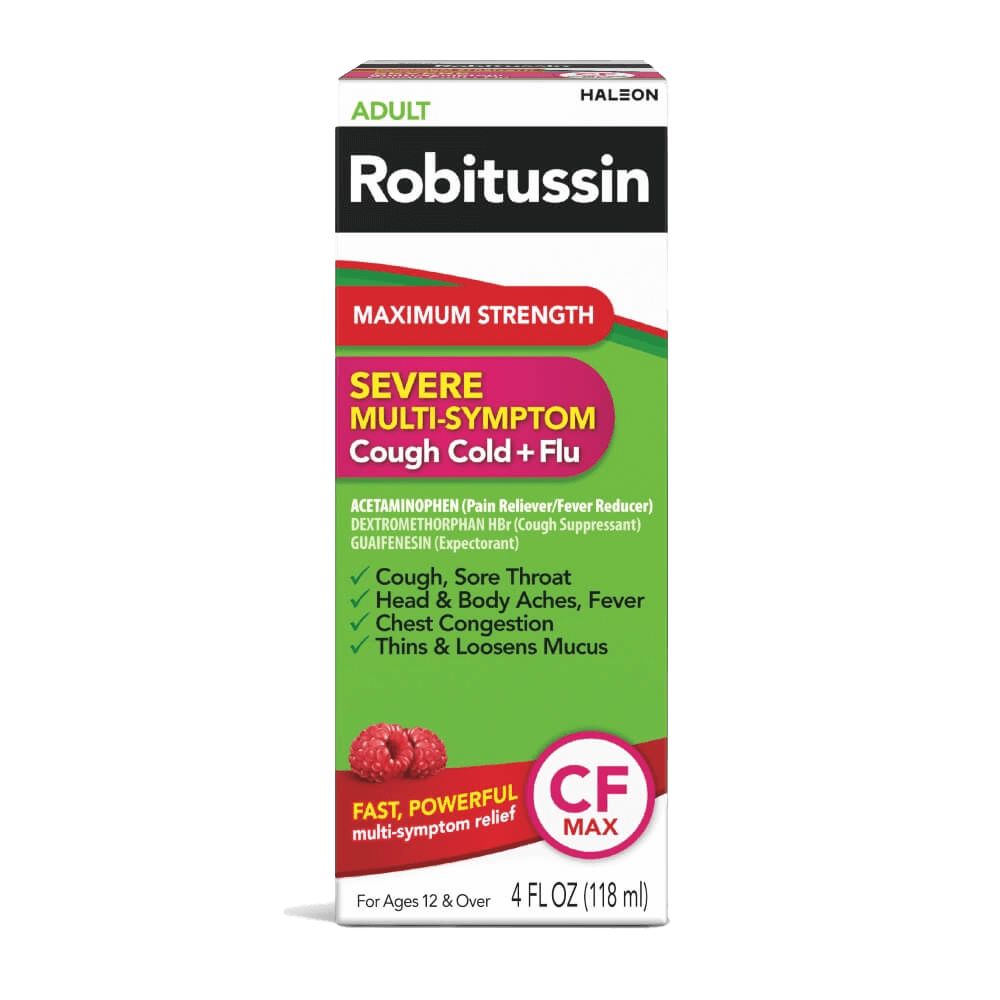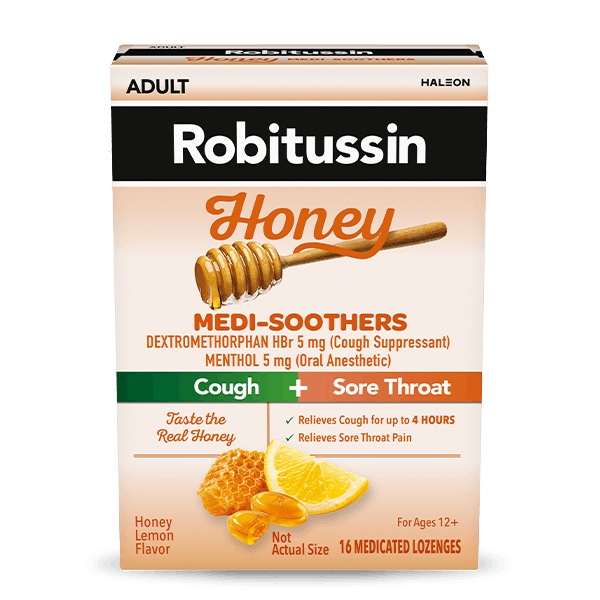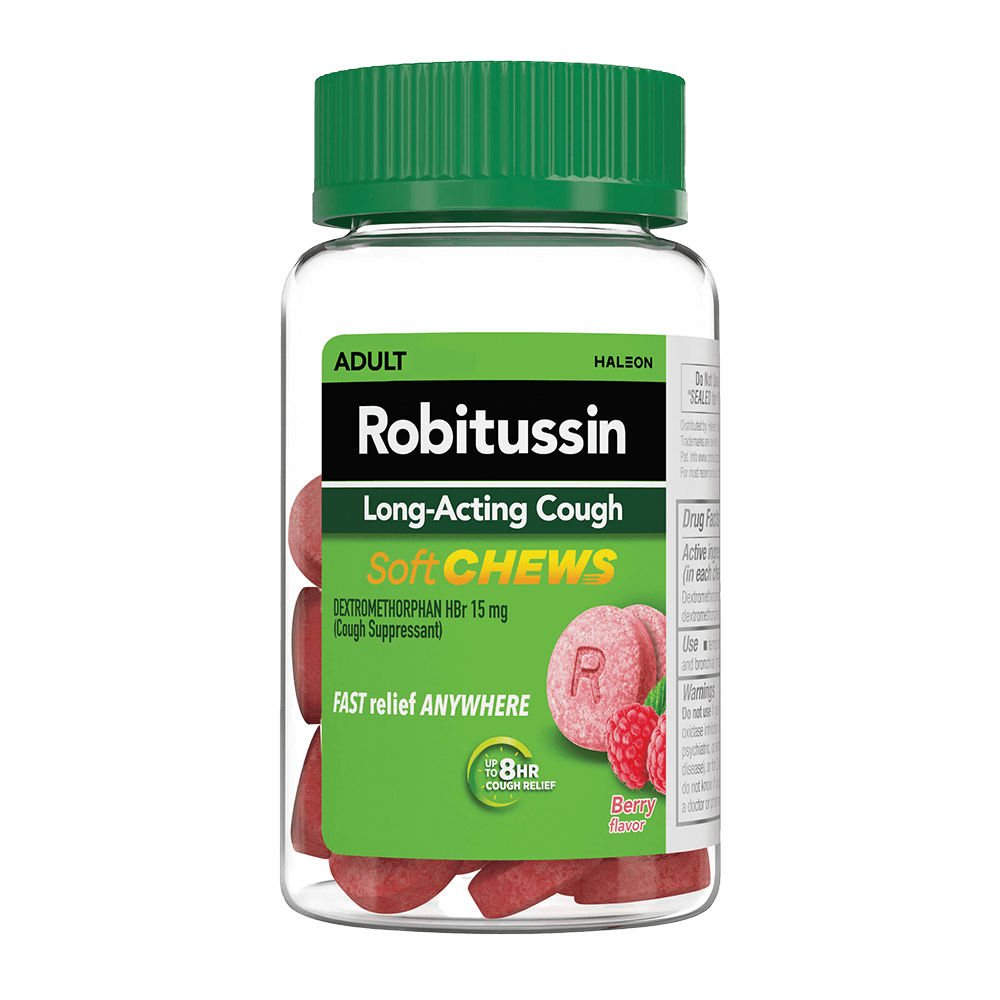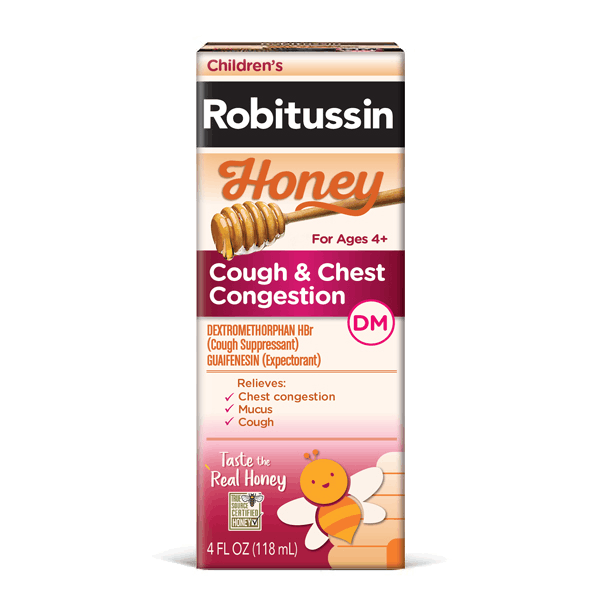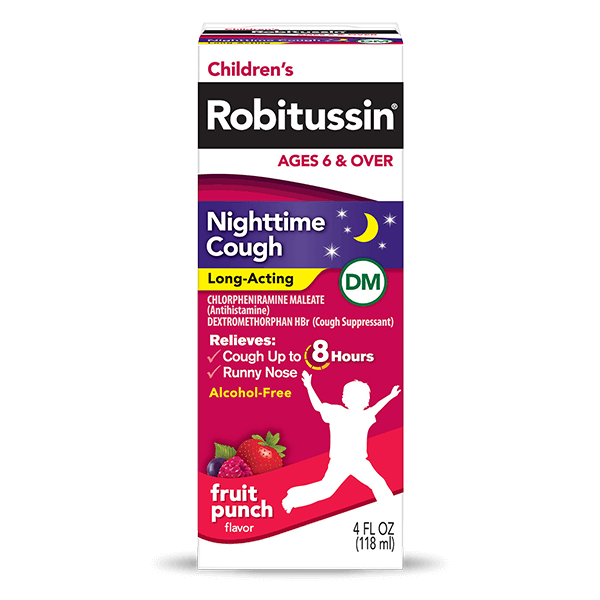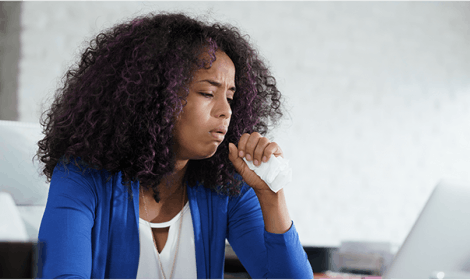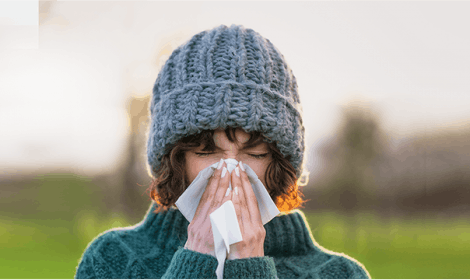What Happens When You Cough?
As cold and flu season approaches, you’ll likely see an increase of people coughing around you. After all, frequent coughing is one of the most common indicators of sickness. If you have ever been hit with a nasty cold or flu, then you’ve probably experienced a coughing fit of your own. While frequent bouts of coughs can feel annoying or inconvenient when they happen, have you ever wondered what’s happening to your body when you cough? Coughing is a natural action that our bodies do that we almost never think about it when we do it. Learn more about why we cough and what happens when you’re coughing.

What Is a Cough?
A cough is a natural reflex that helps remove irritants from your throat and lungs.1 It requires a number of different sensors, nerves, and muscles to work together to clear the breathing passageways.2 Even though coughing is unpleasant, annoying, and disruptive to everyday life, it actually serves as one of the body’s defense mechanisms.1 Inhaled foreign particles such as dust or pollen can irritate the respiratory system, and coughing is a way to clear the airways of potentially harmful substances.
What Are the Different Types of Coughs?
The types of coughs vary depending on how long they last and whether they are productive.1 An acute cough frequently goes along with a common cold and lasts for about three weeks, while a chronic or persistent cough can last longer than eight weeks.1 A productive or wet cough indicates that the cough is bringing up mucus, while a non-productive cough, or a dry cough does not bring up mucus.
What Happens When You Cough?
Coughing involves multiple steps for unwanted irritants to effectively leave your body. When you cough, your vocal cords open widely to allow additional air to pass through your lungs.3 Then, the epiglottis (or the flap that covers the trachea when you swallow) closes off the windpipe.3 The abdominal and rib muscles contract simultaneously, which increases pressure behind the epiglottis.3 Air is forcefully expelled through the increased pressure to remove the irritant.3 The air leaving your lungs when you cough moves fast, traveling at approximately 100 miles per hour.3
What Are Some Common Causes of Coughs?
The most common causes of a cough are common colds and the flu.3 During a cold, mucus production in the airways increases, and coughing is how the body expels excess mucus from accumulating in the airways and lungs. Coughing can also result from post-nasal drip, which is another common cold symptom. Increased nasal secretions can run down the back of the throat and irritate sensitive cough touch points, creating the feeling that you need to clear your throat. This type of irritation also signals the brain to trigger the cough reflex. For many people, postnasal drip is especially annoying at night.
Other medical conditions that can cause coughs include acute bronchitis, asthma, pneumonia, allergies, whooping cough and gastroesophageal reflux disease (GERD).1 Exposure to potential irritants such as smoke, strong smells, mold, dust, pollen and pet dander can also cause coughs.1 People with chronic illnesses involving the lungs or nervous system and people who smoke or vape are more likely to cough than others.1 Please consult a doctor or physician if you think your cough could be due to something other than a cold or flu.
How to Relieve a Cough
The methods for relieving a cough vary depending on what’s causing it.1 For many cases, drinking water or a cup of tea with honey can help ease a cough and soothe throat irritation.1 Using a humidifier or inhaling steam can also help with coughs.1 If your cough is caused by an irritant such as smoke or certain scents, avoiding these irritants can help you stop coughing as well.1 Cough drops and butterscotch hard candies can also help soothe your throat.1
Using Over-the-Counter Medicines to Relieve Coughs
There are different ways that nonprescription medicines can help to relieve a cough and chest congestion. The most common of these is dextromethorphan (DM), which is found in many over-the-counter cough remedies. Dextromethorphan can help reduce the sensitivity of coughs and prevent them from happening. Another class of ingredients is expectorants like guaifenesin, which help to make mucus thinner and easier to clear from the airways.3 The soothing action of liquid cough medications can also play a role in their ability to provide relief. Products like Robitussin Maximum Strength Cough and Chest Congestion combine these ingredients to help soothe coughs and effectively relieve congestion. You can also try Robitussin Maximum Strength Honey Cough and Chest Congestion DM for powerful symptom relief that’s made with real, delicious honey and relieves cough and congestion for hours. For soothing medicine in a great-tasting lozenge, try Robitussin Medi-Soothers for cough and sore throat relief.
An understanding of the anatomy of cough and the nature of the cough reflex is an important part of knowing how to best provide relief. Learn how to cover your cough and find more cold and cough tips on the Robitussin website.
Source Citations:
- Cough. Cleveland Clinic. https://my.clevelandclinic.org/health/symptoms/17755-cough Accessed 11/14/2022.
- Learn About Cough. American Lung Association. https://www.lung.org/lung-health-diseases/warning-signs-of-lung-disease/cough/learn-about-cough Accessed 11/14/2022.
- Cough. Penn Medicine. https://www.pennmedicine.org/for-patients-and-visitors/patient-information/conditions-treated-a-to-z/cough Accessed 11/14/2022.
